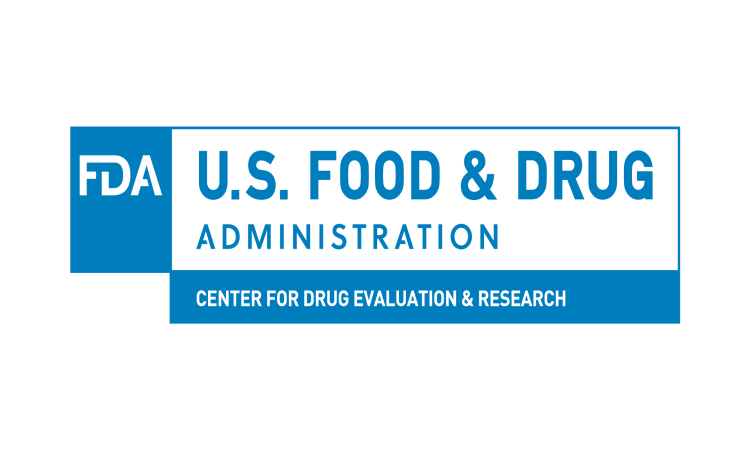May 23, 2020–The Food and Drug Administration’s (FDA’s) use of and reliance on advisory committees has declined sharply over the past decade, according to an analysis in the May 2020 issue of the journal Health Affairs.
How – and how often – the FDA relies on input from advisory committees were among the issues raised by the FDA’s June 2021 approval of Biogen’s Aduhelm for Alzheimer’s disease patients with mild cognitive impairment. In that instance, 10 of the 11 committee members voted against approval and several of the committee members resigned in protest after the FDA nevertheless granted approval to Aduhelm. One, Dr. Aaron Kesselheim, a professor of medicine at Harvard Medical School, told The New York Times after the approval that “this might be the worst approval decision that the FDA has made that I can remember.”
The Aduhelm decision prompted Kesselheim and co-authors to review all FDA referrals to advisory committees for new drugs approved between 2010 and 2021. They report that the proportion of new drugs for which advisory committees had been convened decreased from 55 percent in 2010 to 6 percent last year.
Further, according to this analysis, about once a year the FDA approved a new drug despite a negative vote by the advisory committee. The analysis also found that the FDA is not always clear or consistent in how it words voting questions. Some of the members who resigned from the Aduhelm advisory committee charged that the FDA had told the committee the agency would not be relying on Aduhelm’s ability to reduce amyloid protein accumulation in the brain as a surrogate marker, and yet the FDA later cited this as the key reason for the product’s approval under the accelerated approval program.
Kesselheim and his co-authors call on the FDA to establish more transparent criteria for when an advisory committee is convened, how questions are posed and how negative evaluations are responded to.
“While the authors may not be entirely impartial about the process followed in the Aduhelm case,” said Jon Bigelow, executive director of the Coalition for Healthcare Communication, “their analysis of the FDA’s declining reliance on advisory committees reinforces questions from other observers – even including Dr. Robert Califf in a JAMA article and an FDA Voice blog he wrote back in January 2017, as he stepped down from his prior term as FDA Commissioner.”
According to Bigelow, “greater transparency about the desired role for advisory committees can only help.”



